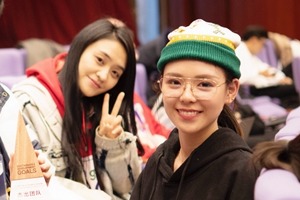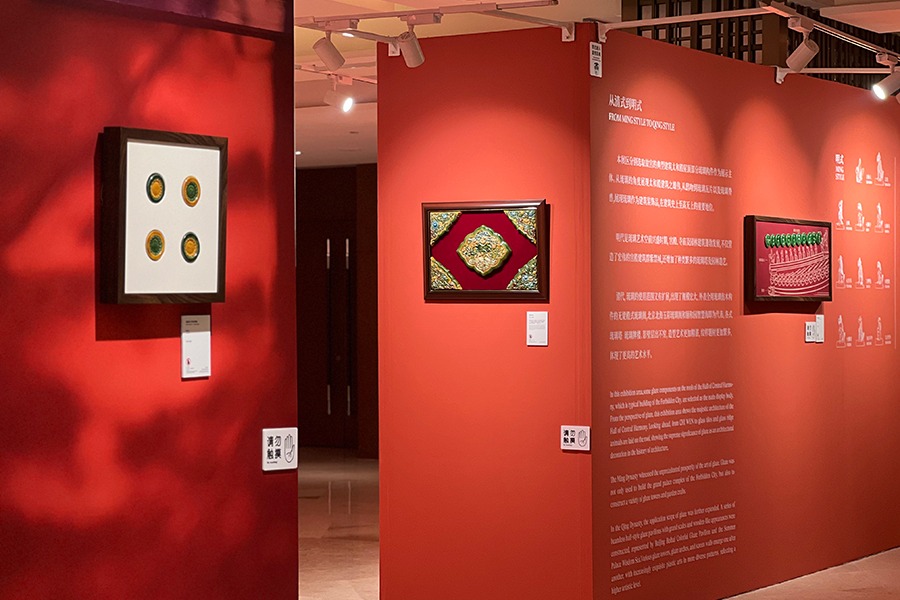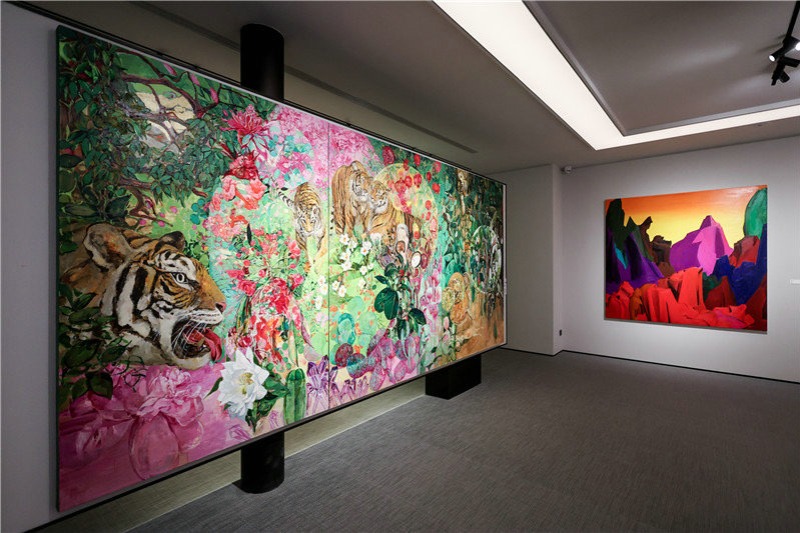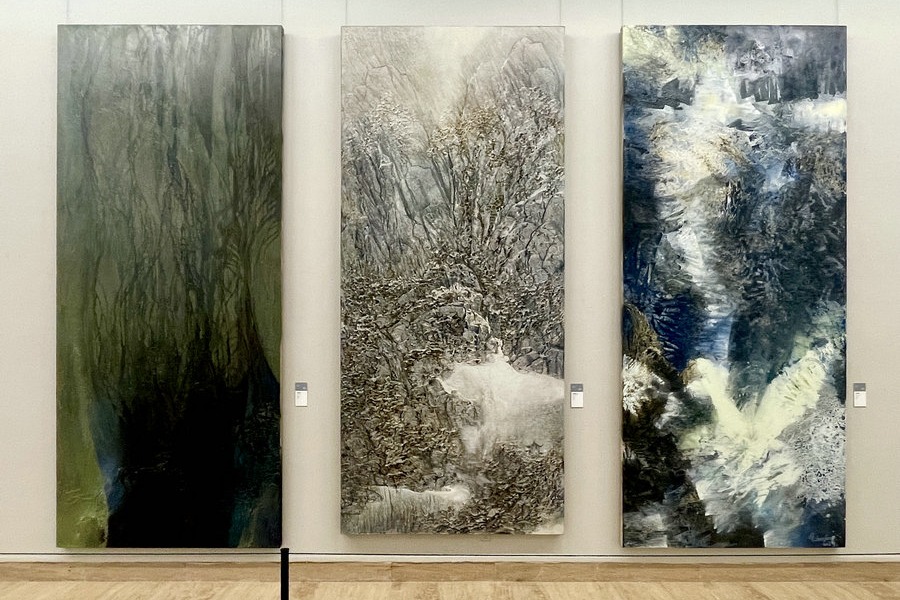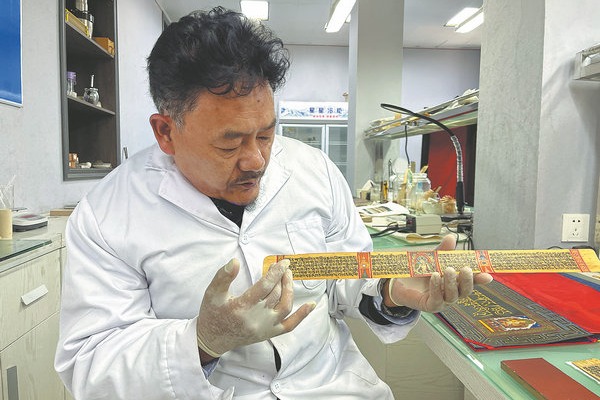Time for some bright ideas

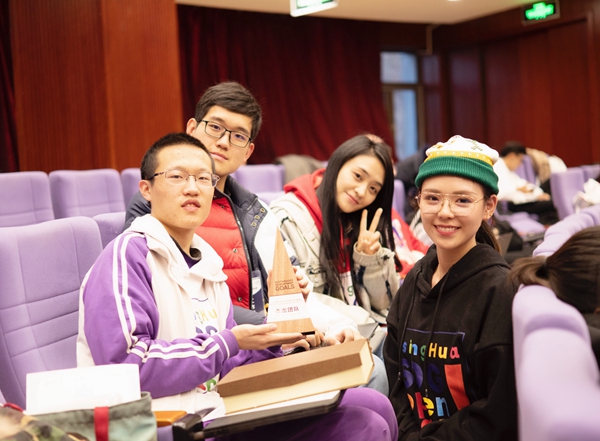
Not-so-fast fashion
Chen Yali, a postgraduate student from the Academy of Arts and Design at Tsinghua University, gathered a team for the open hack mainly because of the shared passion for the environment. They focused on long-lasting clothing products and promoting conscious consumerism.
The arts students focused on dividing an item of clothing into smaller parts, called modules, which could be independently manufactured, modified or replaced.
From their perspective, the reusable modules would extend the life of an item of clothing to help the public move away from excessive consumerism encouraged by the fashion industry.
"To realize our vision about modular clothing, we have to first solve a series of technical difficulties," says Chen.
"Before going for the final presentation, I really wanted to get some practical suggestions from the contest's judges and advisory board."
The team's clear and logical presentation won them the award as the most investable team at the open hack.
Guo Yiyi, an independent fashion designer who's a graduate of Beijing Institute of Fashion Technology, also feels a strong desire to get the clothing industry to embrace sustainability.
She says that the industry generates a considerable amount of waste, requires a lot of water resources and chemicals, and emits greenhouse gases.
Hence, her team at the open hack figured out a way to commercially apply eco-friendly natural dyes and colorants in clothing.
Guo says she had visited the ethnic villages in Yunnan province and found local craftswomen were using natural dye derived from plants.
"However, they couldn't realize mass production of these natural dyes," says Guo.
"I hoped we could work out a bioengineering-related solution to produce a kind of natural dye."
The designer says that, after overcoming the key technological challenge, she will now try to persuade manufacturers to adopt the innovative method.
Yuan Yajing, Guo's teammate, is a senior at Beijing Institute of Fashion Technology.
She says her involvement in the open hack helped her develop an understanding of sustainable development.
"I hope in the future I will run my own 'slow fashion' brand of eco-friendly, durable, recyclable and high-quality collections," she says.
Francois Grey, a professor from the University of Geneva and a judge of the open hack, says the event helps to engage hundreds of students in presenting diverse and original solutions to global or local problems during a very short period of time.
"We are looking for the best ways to help young people go further from an academic situation to having a real impact on the world," says Grey, adding that with the support from the government, corporate sponsors and various sectors of society, they could help take some of the ideas further.
"This is a moment where you can help train the young generation, and transform this world," he says.


